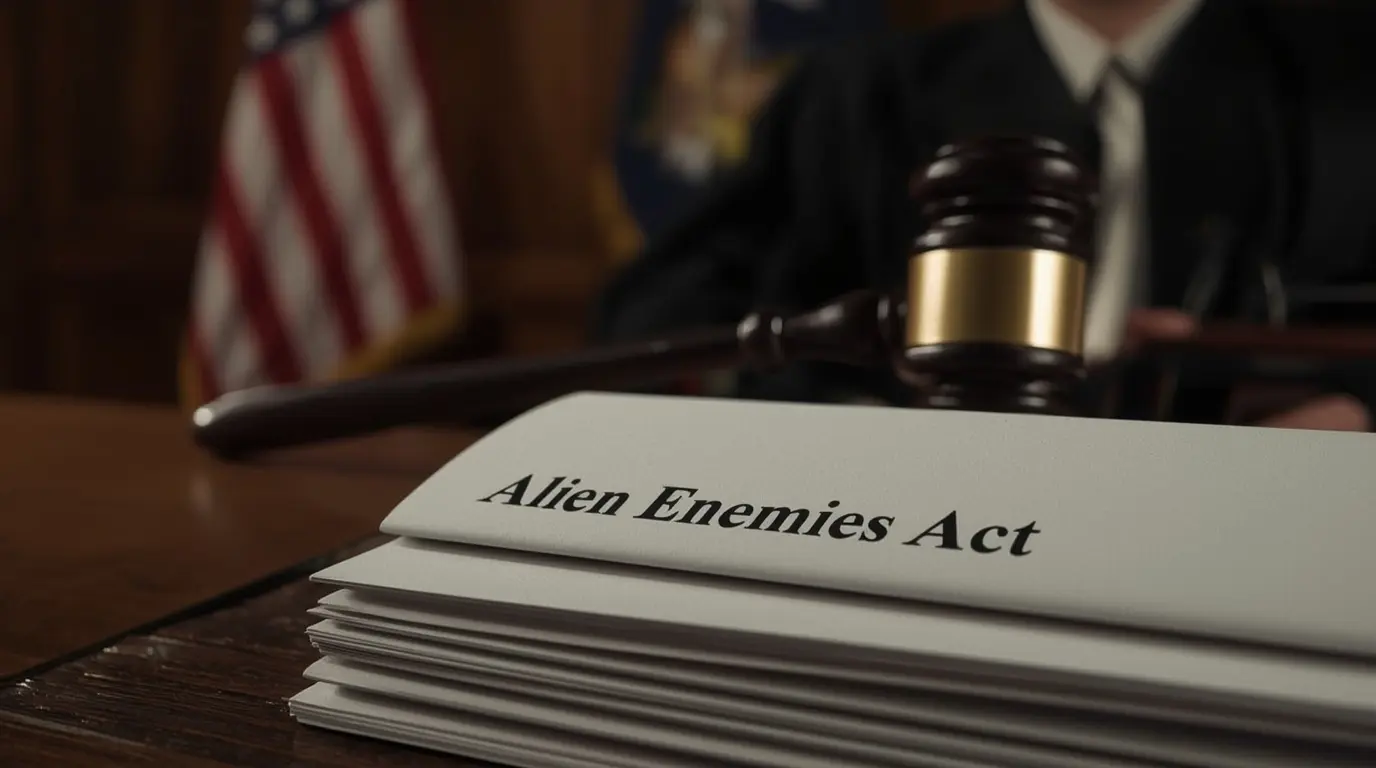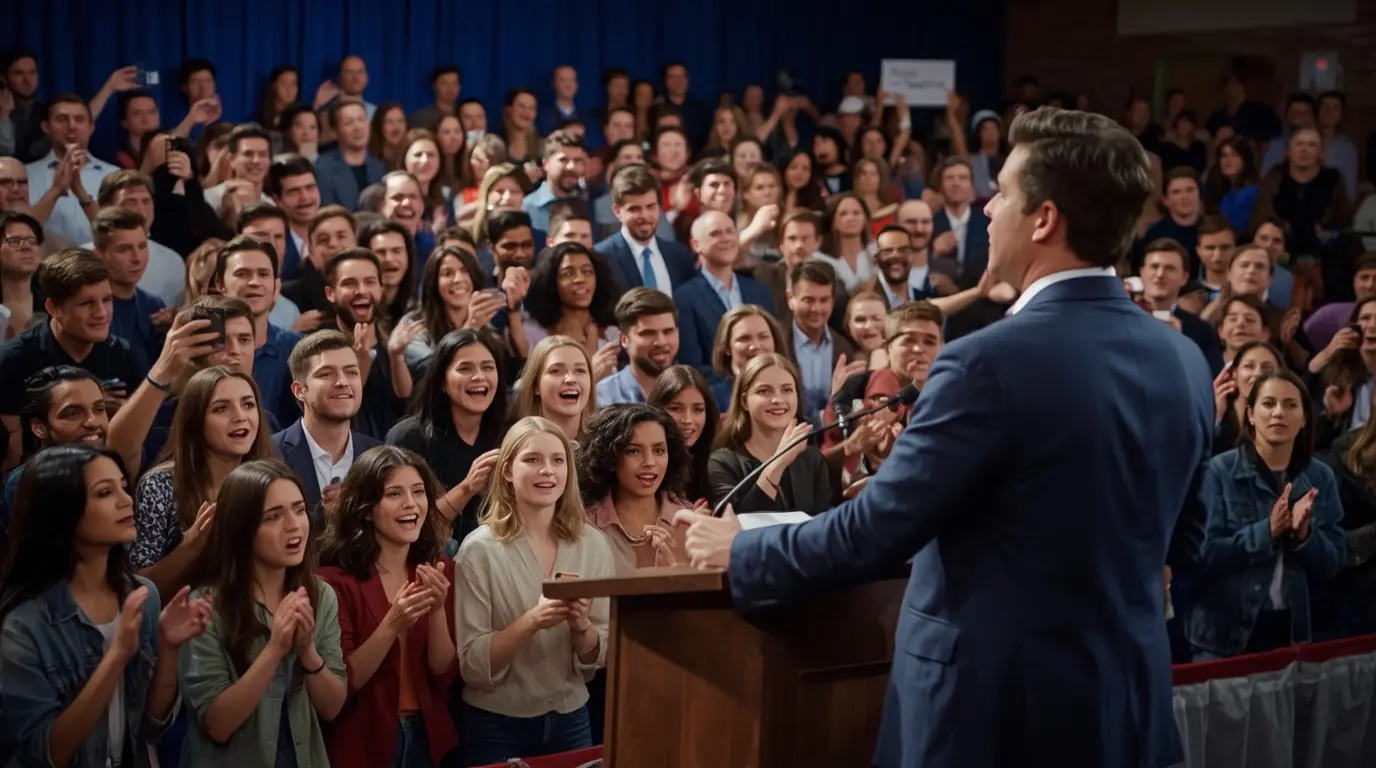A recent federal case highlights the ongoing tug-of-war between the White House and the courts. On September 3, 2025, the 5th U.S. Circuit Court of Appeals shot down former President Donald Trump’s attempt to use the Alien Enemies Act so that the government could quickly deport Venezuelan migrants said to be tied to gangs. The ruling is a serious blow to the Trump administration’s immigration goals and pushes the debate over presidential power into a new phase.
The Alien Enemies Act dates to 1798. It empowers the president to deport noncitizens from countries the U.S. is at war with, but only wartime or invasion settings. The law’s seams have only frayed during three conflicts: the War of 1812, World War I, and World War II. On March 14, 2025, Trump reached for the statute, alleging that the Tren de Aragua (TdA), a Venezuelan crime syndicate, was executing a “predatory incursion” into the U.S. ordered by Nicolás Maduro. The use of law lets immigration agents skip usual courts and send migrants to El Salvador without hearings or the traditional rights.
Highlights from the Court’s Ruling
A three-judge panel from the Fifth Circuit recently ruled 2-1 on a controversial immigration matter, with the majority opinion penned by Judge Leslie Southwick, a George W. Bush appointee, and Judge Irma Carrillo Ramirez, a Biden appointee, joining. The judges focused on two main questions:
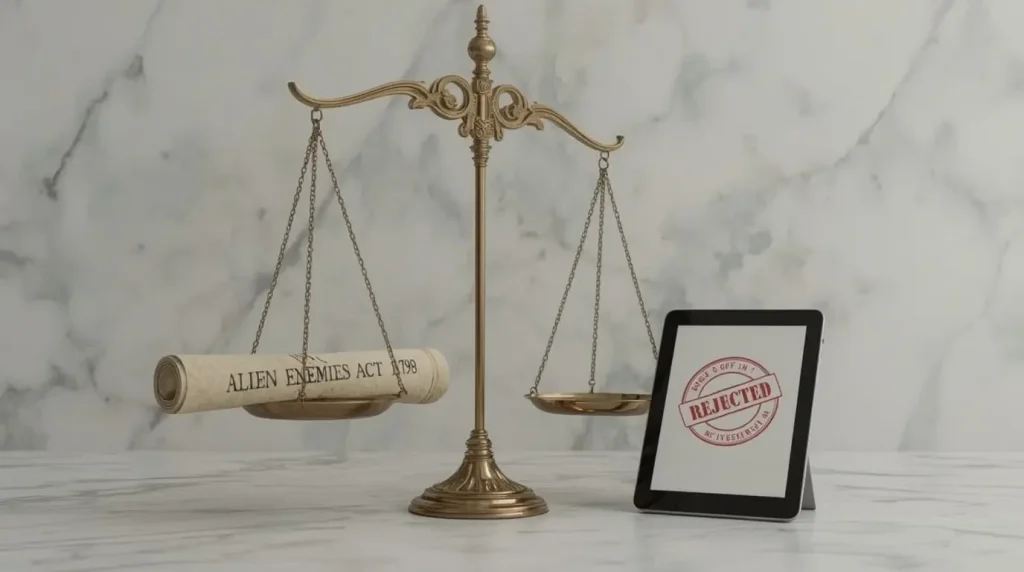
No Basis for “Invasion” Under State War Law
The panel held that the Tren de Aragua group’s alleged actions—drug smuggling, irregular combat activities, and arms trafficking—did not fit within the “invasion” or “predatory incursion” terms as envisioned by the Alien Enemies Act. The majority wrote, “A country’s inviting large numbers of its own people to cross the border unlawfully is not the equivalent of sending a disciplined military unit to seize and inflict damage on the United States.” The ruling held that the original statute applies to recognized armed conflict or coordinated state violence, not to organized crime.
Judicial Oversight of Executive Authority
The court reminded everyone that judges can still check things the President decides under the Alien Enemies Act. Judge Southwick explained that “the Government has substantial authority to remove TdA members independent of the Alien Enemies Act.” In plain terms, there are already immigration laws strong enough to kick people out without grabbing wartime tricks. This directly pushes back on the executive branch’s claim that its Alien Enemies decision can never be overruled.
Dissenting Opinion and Administration’s Response
Judge Andrew Oldham, a Trump pick, pushed back hard in a scorching 131-page dissent. He basically accused the majority of ignoring the executive branch’s power to decide foreign policy. He called the decision a break from “over 200 years of legal precedent” and said judges now act like commanders in chief. So it’s no surprise the Trump team has said they’ll try to get the whole 5th Circuit to rehear the case or take it straight to the Supreme Court.
Wider Effects on Executive Power and Fair Treatment Under the Law
This case raises several important constitutional and legal issues:
Separation of Powers: Courts making the executive justify its use of the Alien Enemies Act strengthens the checks and balances that keep any single branch of government from having too much power. Observers have stressed that the Act “circumvents due process principles in times of war,” but applying it outside of actual war could let the government chip away at judicial supervision.
Fair Treatment Under Law: The Supreme Court’s temporary decision ordered the executive branch to tell detainees they were being removed and to give them a “reasonable time” to file habeas petitions. The Fifth Circuit backed that order, declaring the government’s notices were sufficient but the use of the Alien Enemies Act itself was not.
Historical Precedent: The Alien Enemies Act has never targeted gangs or other non-state groups. Its use in this case pushes the outer limits of declared emergency powers, and the results could shape the scope of future executive actions.
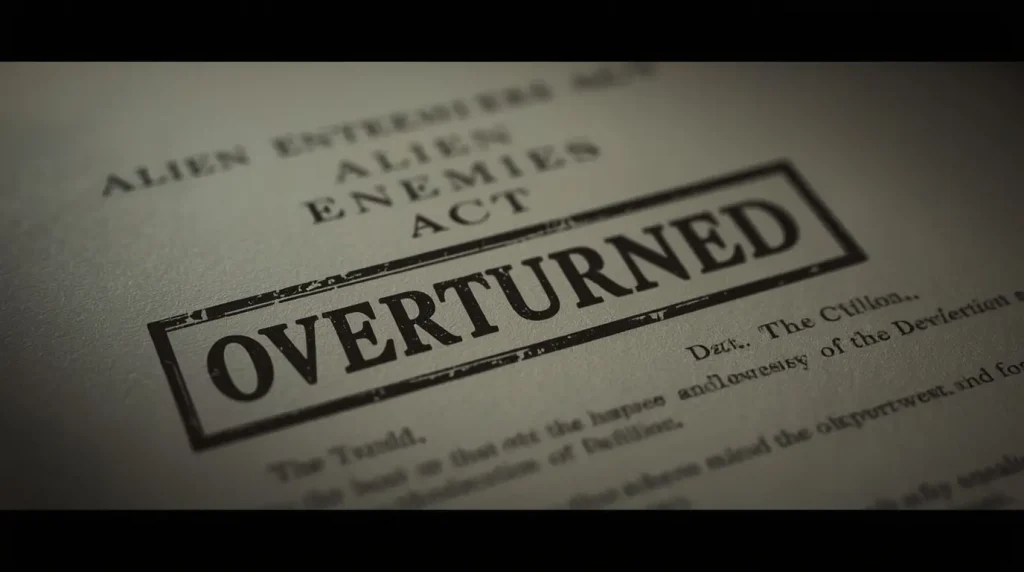
Reactions and Next Steps
Civil rights organizations welcomed the court’s decision as a triumph for the rule of law. Lee Gelernt of the ACLU, who argued the case, described the ruling as “enormous” and stressed that it “makes clear the President cannot simply declare a military emergency and then invoke whatever powers he wants” 10. On the other side, the White House condemned the ruling, insisting that the Alien Enemies Act is an essential measure for safeguarding national security.
The administration is now considering two main paths:
First, it could request an en banc rehearing from the full 5th Circuit, a move that would put the case back before one of the most conservative appeals courts in the country.
Second, the administration may seek to take the case directly to the Supreme Court. The justices have previously avoided confronting the main constitutional issues raised by the Alien Enemies Act, but in earlier decisions, they have signaled that due process protections still apply.
Conclusion: A Defining Moment for Immigration and Presidential Authority
The Fifth Circuit’s recent decision does more than deny the Trump administration a legal victory; it sends a strong signal that the courts will keep a firm hold on limits to executive power. Although the Alien Enemies Act is still on the books, judges made it clear that any administration invoking the statute must prove a very serious national danger—proof that will now receive careful judicial review. As the case is likely to move to the Supreme Court, the ruling’s final interpretation will likely influence how broad a scope the President has during national emergencies for a long time.
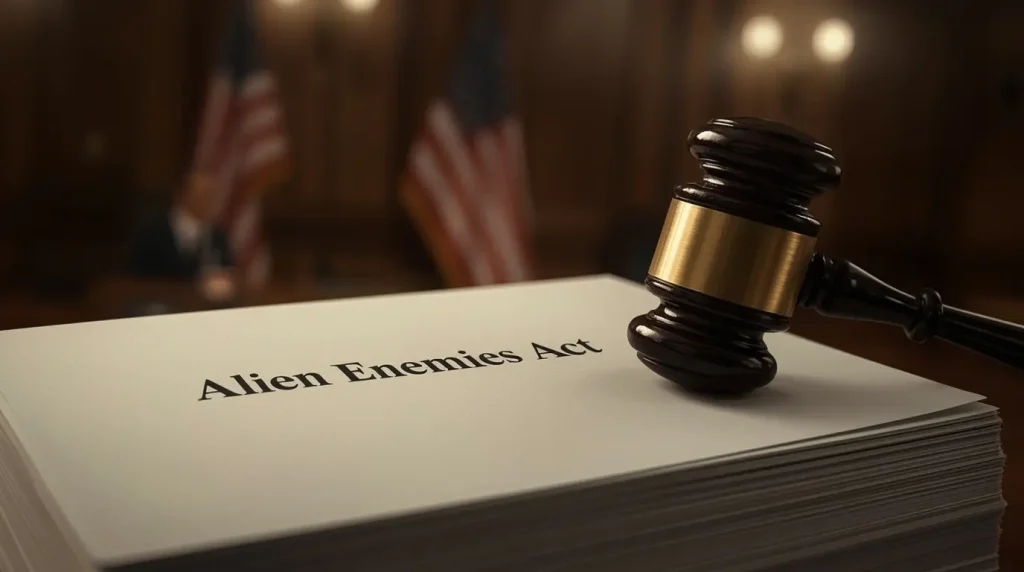
For the moment, the Alien Enemies Act is still controversial, and the administration’s attempt to deport members of the Tren de Aragua gang has been put on hold. Yet the executive still has remaining legal options to continue deportation efforts, so the overall dispute is far from settled.
For more news updates, visit our home page.

